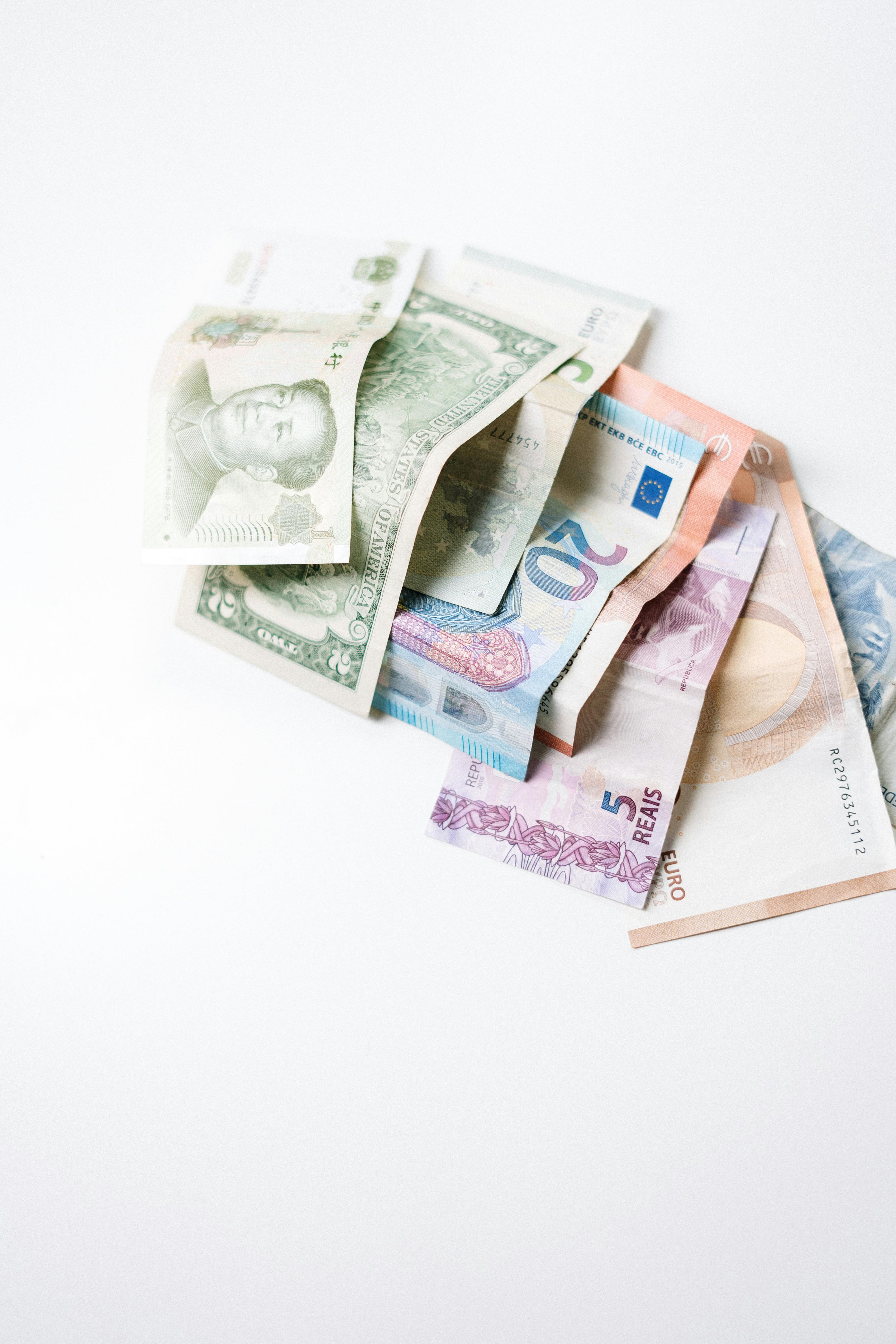Currency Wars: How Germany's Fiscal Stimulus And Japan's Interest Rate Strategy Shape EUR/JPY

The EUR/JPY currency pair has been gaining momentum, recently climbing near 156.95 in early European trading hours. This movement is driven by two competing economic forces: Germany’s proposed €200 billion emergency defense fund, which is boosting the Euro, and speculation that the Bank of Japan (BoJ) may raise interest rates, lending strength to the Yen. These opposing fiscal and monetary policies are setting the stage for significant currency market fluctuations, making EUR/JPY a key pair to watch.
Germany’s Fiscal Stimulus and Its Impact on the Euro
Germany’s proposed €200 billion defense fund represents a major shift in European fiscal policy. Reports indicate that Chancellor-in-waiting Friedrich Merz is in discussions with the Social Democrats to push the plan forward quickly. This massive spending package aims to strengthen Germany’s military capabilities, but it also serves as a stimulus that could have broader economic benefits.
- Market Reaction: The proposal has increased investor confidence in Germany’s economic outlook. A strong fiscal commitment suggests long-term government support for economic expansion, which typically strengthens the Euro.
- Euro’s Strength: Higher government spending can lead to increased GDP growth, making the Eurozone a more attractive investment destination.
- Potential Risks: While stimulus measures can boost growth, they also raise concerns about inflation and debt sustainability. If Germany’s spending leads to inflationary pressures, the European Central Bank (ECB) may need to respond with tighter monetary policy, further influencing EUR/JPY movements.
Japan’s Interest Rate Strategy and the Yen’s Strength
While Germany leans on fiscal expansion, Japan is considering tightening its monetary policy. The BoJ has maintained ultra-loose monetary policies for decades, but signs are emerging that a shift may be underway.
- Speculation on Rate Hikes: Recent statements from BoJ officials suggest that the central bank could gradually raise interest rates to combat inflation and support financial stability.
- Stronger Yen Dynamics: Higher interest rates typically attract foreign investment into Japanese assets, boosting demand for the Yen.
- Challenges for the BoJ: Japan must carefully balance growth and inflation control. Raising rates too aggressively could slow economic activity, while maintaining low rates could weaken the Yen and contribute to imported inflation.
EUR/JPY Market Dynamics: Which Force Is Stronger?
With these competing factors, the EUR/JPY exchange rate is experiencing volatility.
- Short-term trends: Germany’s fiscal stimulus plans have given the Euro an edge, pushing the currency pair higher.
- Long-term outlook:
- If Germany moves forward with the defense fund, the Euro could retain its strength.
- If the BoJ proceeds with rate hikes, the Yen may recover ground.
- Investor sentiment: Traders are weighing the Euro’s growth potential against the Yen’s appeal as a stable, low-risk currency. If global markets remain uncertain, investors may flock to the Yen as a safe haven.
Global Economic and Geopolitical Considerations
Beyond Germany’s stimulus and Japan’s monetary policy, broader global factors could influence EUR/JPY movements.
- US Federal Reserve Policies: The Fed’s interest rate decisions have a spillover effect on both the Euro and Yen. If the Fed maintains high rates, the dollar’s strength could limit gains in both currencies.
- Geopolitical Uncertainty: Ongoing geopolitical tensions, including the war in Ukraine, supply chain disruptions, and energy market volatility, may play a role in currency fluctuations. If global uncertainty rises, the Yen’s safe-haven appeal could strengthen.
- China’s Economic Slowdown: As a key trading partner for both Germany and Japan, China’s economic performance can impact the demand for both the Euro and Yen. Slower growth in China may weigh on both currencies but could influence each differently depending on trade policies and market reactions.
Conclusion
Germany’s proposed €200 billion defense stimulus and Japan’s potential interest rate hikes are creating a complex dynamic in the EUR/JPY currency pair. While fiscal expansion in Germany is currently supporting the Euro, the possibility of higher rates in Japan could strengthen the Yen in the coming months.
For investors and traders, the key question remains: Will the Euro’s momentum last, or will the Yen make a comeback as the BoJ shifts policy? The balance between fiscal stimulus in Europe and monetary tightening in Japan will dictate the future trajectory of EUR/JPY, making it a pivotal currency pair to monitor in the global forex market.
Author: Ricardo Goulart
Excent Capital: Supporting The Growth Of LATAM Advisors
The wealth management industry in Latin America is expanding rapidly due to stronger economies and a growing number of... Read more
Parallel Banking: Stablecoins Are Now Global
Parallel Banking: How Stablecoins Are Building a New Global Payments SystemStablecoins—digital currencies pegged to tr... Read more
Industry Responses: Strategies For Overcoming Regulatory Challenges In US Bitcoin ETF Approval
The journey towards the approval of Bitcoin Exchange-Traded Funds (ETFs) in the United States has been fraught with regu... Read more
Navigating Market Volatility: Assessing The Impact Of A Strengthening Dollar On US Stocks
In recent months, US stock markets have experienced a notable rally, with indices reaching new highs. However, amidst th... Read more
Forex Today: BoE & ECB Seen Holding Rates Today - 05 February 2026
Policy Meetings Today at Bank of England and European Central Bank; Tech Stock Selloff Continues; Gold, Silver Consolida... Read more
Blockchain's Truth Machine: How Prediction Markets Are Redefining Global Forecasting - 04 February 2026
Discover how blockchain-based prediction markets like Polymarket are revolutionizing global forecasting with $44 billion... Read more

